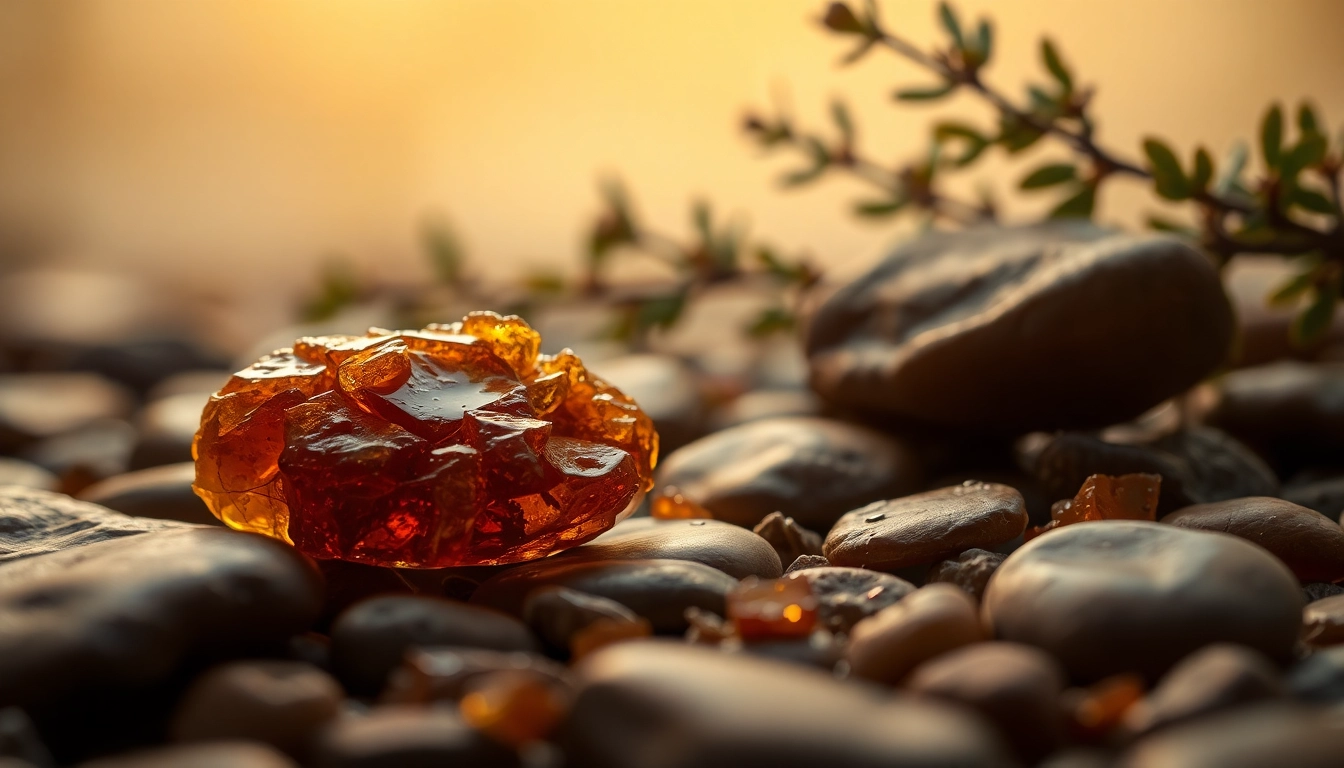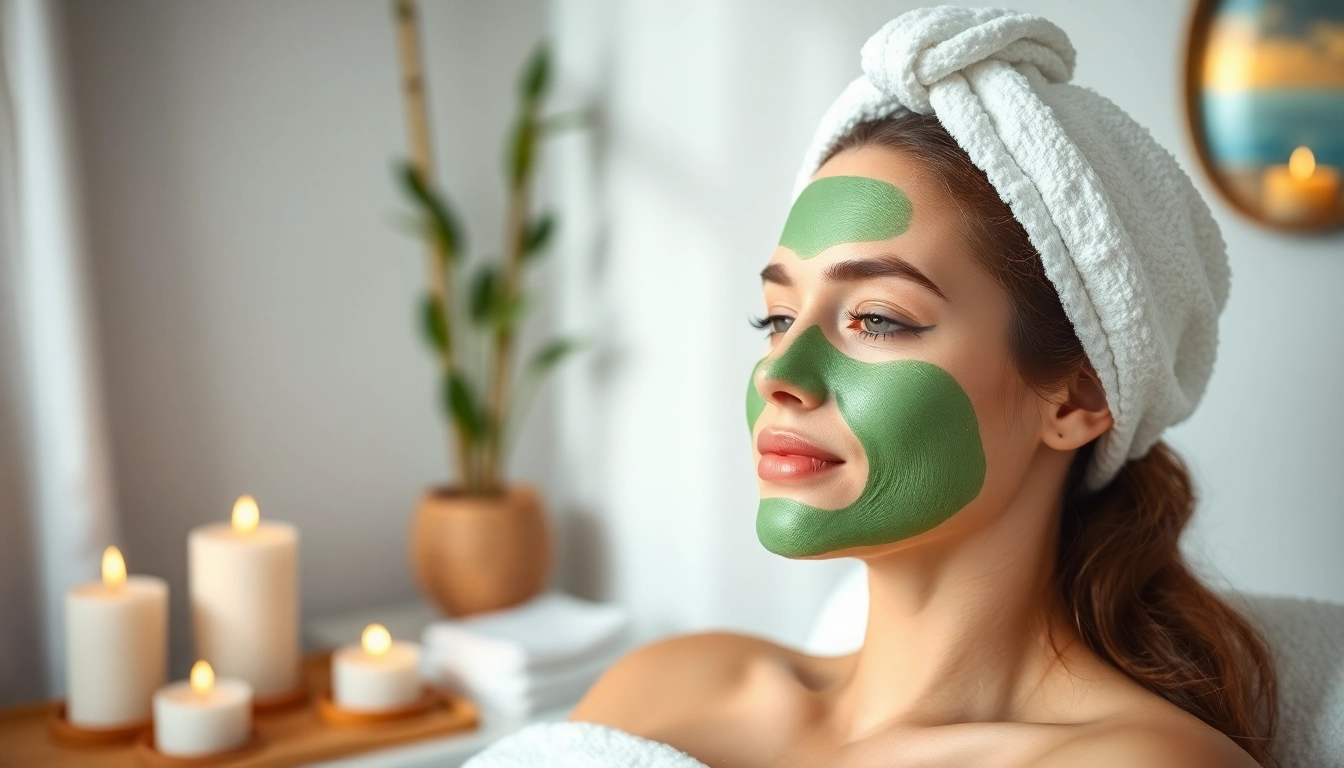What is Myrrh? Understanding Its Origins and Uses
Myrrh is a resin derived from the balsam tree, specifically the species Commiphora. This precious substance has been valued for thousands of years, renowned for its aromatic properties and myriad applications. Historically, it has found use in incense, perfumes, and medicine, making it one of the most treasured natural ingredients across various cultures. Its rich scent, often described as warm and earthy, has contributed to its long-standing reputation in spiritual and ceremonial practices. Discovering the myrrh resin opens a world of exploration into its fascinating past and present utility.
The Historical Significance of Myrrh
Myrrh’s significance can be traced back to ancient civilizations. The Egyptians used myrrh for embalming, believing it held transformative properties that could aid the deceased in the afterlife. In the Bible, myrrh is referenced as one of the gifts brought to Jesus by the Magi, signifying its importance in ancient trade and commerce. The Greeks and Romans utilized myrrh in both medicine and religious rituals, with various texts highlighting its aroma as a means of enhancing spiritual experiences.
Myrrh in Traditional Medicine
In traditional medicine systems, particularly Ayurveda and Traditional Chinese Medicine (TCM), myrrh has been utilized for its therapeutic properties. It is classically employed to treat a variety of ailments, including inflammation, respiratory disorders, and digestive issues. Practitioners value myrrh for its ability to improve circulation and reduce pain. Ancient texts suggest the use of myrrh in poultices and tinctures, demonstrating its versatility as both a topical and internal remedy.
Modern Applications of Myrrh
Modern science has revisited myrrh, discovering a wealth of bioactive compounds that have therapeutic effects. Myrrh essential oil is widely used in aromatherapy for its calming properties and is also incorporated into skincare products for its antiseptic qualities. Furthermore, the current interest in natural remedies has propelled myrrh into the spotlight as consumers seek plant-based alternatives for health and wellness.
The Health Benefits of Myrrh
Anti-Inflammatory Properties of Myrrh
Research demonstrates that myrrh possesses significant anti-inflammatory properties, making it beneficial for conditions such as arthritis and muscle pain. The active compounds, such as sesquiterpenes, play a crucial role in mediating inflammatory responses in the body. Clinical studies have shown that myrrh extract can help decrease swelling and pain, supporting its historical use as a pain-relief agent.
Myrrh as an Antiseptic: Uses and Efficacy
Myrrh’s antiseptic nature makes it a valuable addition to both skincare and wound care. It can effectively prevent infections in minor cuts and abrasions. Several studies highlight myrrh’s activity against various bacteria and fungi, paving the way for its incorporation in commercial antiseptics. Moreover, its incorporation into oral hygiene products like mouthwashes showcases its efficacy in promoting dental health by reducing oral pathogens.
Myrrh and Digestive Health
The resin of myrrh has been traditionally used to aid digestion and alleviate gastrointestinal discomfort. Its properties help in stimulating the secretion of digestive enzymes and improving gut motility. Moreover, myrrh has been shown to exhibit protective effects against gastric ulcers, providing insight into its role in modern digestive health remedies.
How to Use Myrrh in Daily Wellness Routines
Myrrh Essential Oil: How to Incorporate It
Myrrh essential oil can be easily incorporated into your daily wellness routine. It can be diffused in your home to reduce stress and promote relaxation or added to a carrier oil for topical application on inflamed areas. For those interested in skincare, a few drops of myrrh oil can be mixed into moisturizers or face masks to reap its skin-soothing benefits.
Myrrh in Herbal Remedies and Teas
Incorporating myrrh into herbal remedies or teas can enhance health benefits in a soothing way. Myrrh resin can be brewed as a tea or infused into herbal blends. This can be particularly comforting for digestive health. Always ensure that the dosage reflects recommendations from herbalists or healthcare professionals to optimize benefits while minimizing risks.
Best Practices for Using Myrrh Safely
While myrrh is generally considered safe, it is important to practice caution. Consultation with a healthcare provider is recommended, especially for pregnant or nursing women or individuals with certain health conditions. Understanding the proper dosages and recognizing potential allergic reactions is vital. When using myrrh oil, always perform a patch test to ensure skin compatibility.
Where to Source Quality Myrrh Products
Identifying Authentic Myrrh
Due to the popularity of myrrh, authentic sourcing is essential. High-quality myrrh resin should have a strong, earthy aroma and be free of additives. Distinguishing genuine myrrh from synthetic alternatives involves checking for labels indicating the botanical name, the region of origin, and organic certification. Reputable suppliers often provide detailed product information, ensuring transparency.
Top Myrrh Brands and Products
Several well-known brands produce high-quality myrrh products that authenticate their sources and extraction methods. Brands like Young Living and doTERRA offer high-grade essential oils, while herbal companies like Frontiers and Mountain Rose Herbs provide myrrh resin and herbal blends. Reading customer reviews and researching company practices can enhance your confidence in selecting reputable products.
Understanding the Cost of High-Quality Myrrh
The price of myrrh can vary greatly depending on quality, source, and production methods. While inexpensive options may be available, they often compromise quality. Generally, investing in higher-priced myrrh ensures better potency and effectiveness. Understanding the market pricing allows consumers to make informed choices without falling for misleading claims on affordability.
Future Trends in Myrrh Research and Applications
Scientific Studies on Myrrh’s Efficacy
Current research on myrrh is promising, with studies exploring its potential in various health applications. Ongoing clinical trials aim to understand better how myrrh extract could help treat chronic conditions such as inflammation and pain. By focusing on scientific validation of its historical uses, researchers aim to establish more comprehensive therapeutic guidelines for its applications.
Innovative Uses in Holistic Health
As interest in holistic health rises, the applications of myrrh are expanding beyond traditional boundaries. Innovative approaches include integrating myrrh into modern wellness therapies like sound baths or mindfulness practice. This intersection of ancient wisdom and contemporary wellness practices suggests that myrrh can serve both as a physical and spiritual health enhancer.
The Growing Popularity of Natural Remedies
With an increasing shift towards natural alternatives, myrrh fits seamlessly into the trend of using plant-based remedies. Consumers are becoming more educated about the benefits of herbal medicines, leading to increased demand for high-quality products. Myrrh’s versatility and rich history position it favorably in this growing market as both a traditional and modern remedy.



